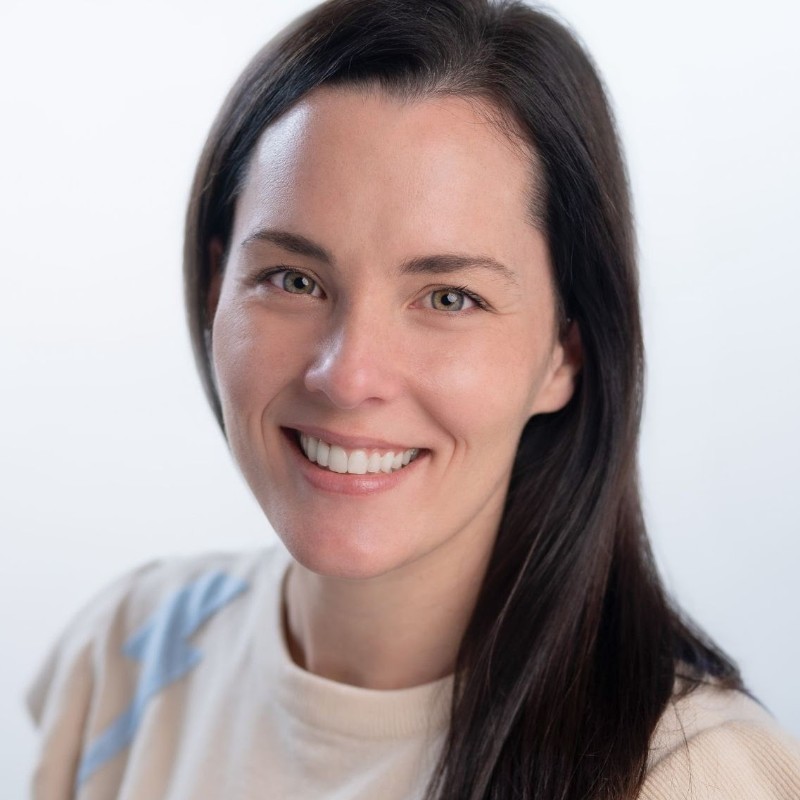Introducing Practicing with AI: a podcast covering conversations about medicine, AI, and the people navigating both
Although the field of artificial intelligence (AI) has been around for over 50 years, it wasn’t until late 2022—with the release of ChatGPT’s artificial intelligence chatbot—that AI entered the average person’s consciousness. Whether we know it or not, AI is all around us: the text autofill when typing an email, the show recommendations on Netflix, product recommendations on Amazon, and those cute meal delivery robots you’ll find on some...
Read more
